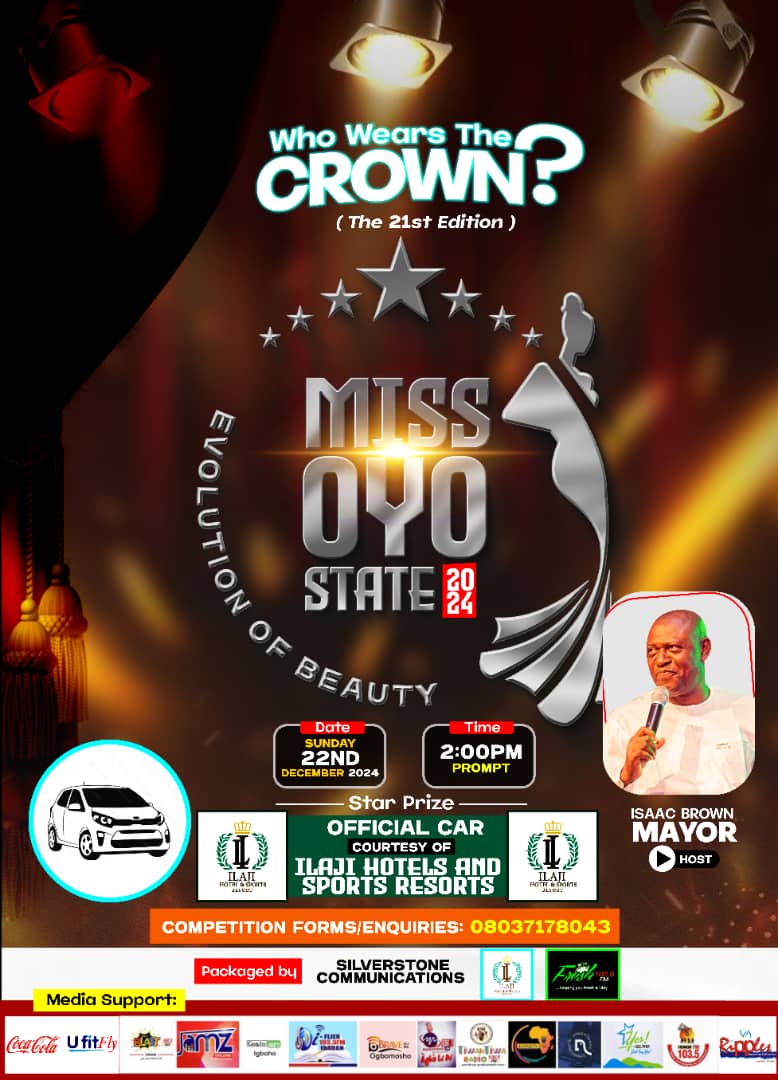PALACE BARDS AND THE LION ON THE BORDER LINE BY FEMI LADAPO
In Africa, where kings are next in line after the gods, palace bards are commonplace and ubiquitous.
The bard is always seen around. He is very versed especially in genealogy of the king. He is both a musician and a word smith.
The bard massages the king’s ego by commemorating the king’s ancestors and praising the king’s exploits.
The man is credited with the ability to waive the ruler’s moods either positively or negatively. On his prompting, the king could decree life or death.
The king is the Lion of the community. All bow to his whims and caprices. Yet he is human. Like all humans he is fallible. And like a lion he can be impulsive.
A person with a borderline personality is characterised by severe mood swings, impulsive behaviour, not weighing options before taking decisions and difficulty forming personal relationships.
That kind of person can not keep friends for long.
People with borderline personality often have a strong fear of abandonment, have intense emotions, act impulsively and may even experience paranoia and dissociation. Things must always work their way, else there will be trouble.
A person with this kind of personality can be helped to regulate by good counsel.
When a king with all his powers develops a borderline personality and he is backed by a palace bard who praises his every action, it becomes very dangerous.
African kings, rulers and leaders are bedevilled by praise singers and hangers on who even when they see their patron taking a wrong step still urge him on, often leading them on to perdition.
It is great wisdom to have a retinue of chieftains than the ubiquitous bard.
When on the borderline, listen to voices of reason instead of that which keeps telling you of your invincibility.
Do not be quick to make an enemy of a good friend because a sycophantic bard made you feel cheated or abandoned.
A bard is same as a clown, good enough only for the entertainment.


